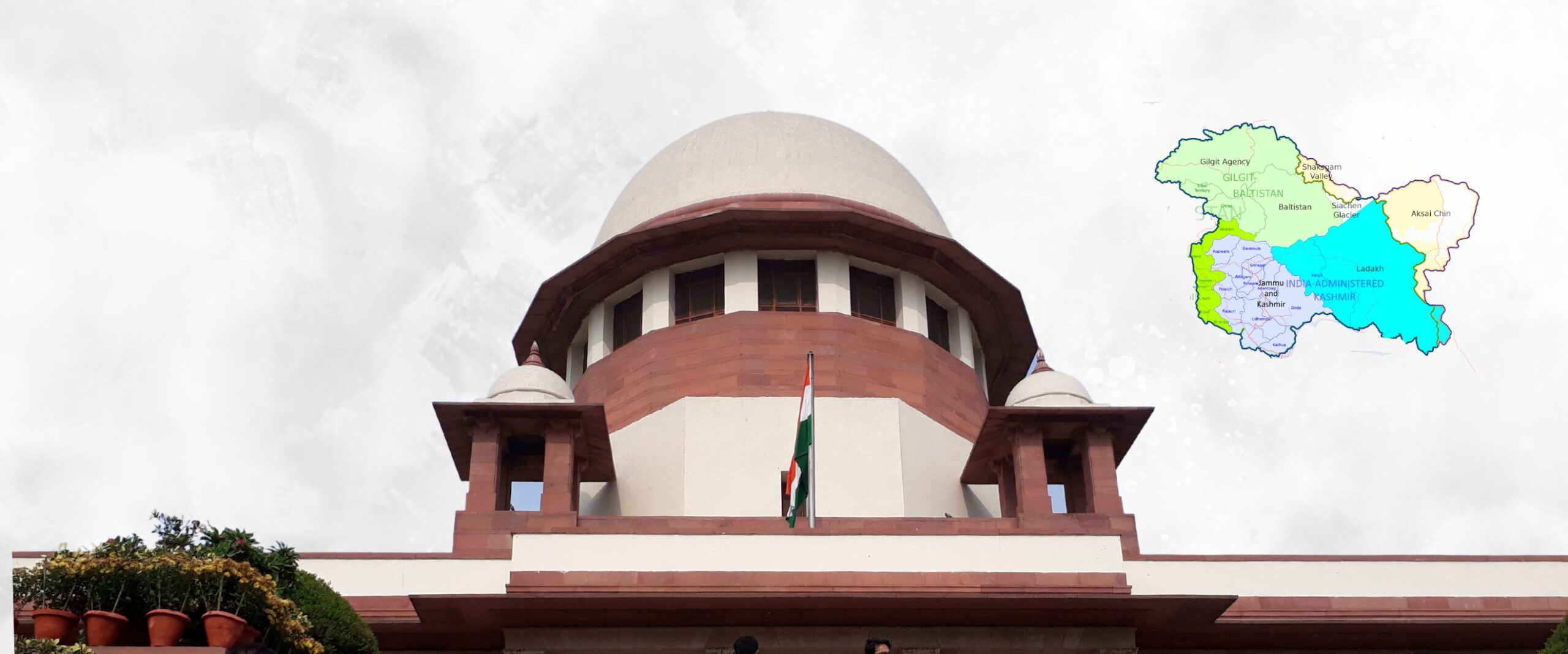
4 'MOTIONS' IN PARLIAMENT
Adjournment Motions :- At the end of the question hour in Parliament any number they're of many tables a motion seeking adjournment of the House 'for the purpose of discussing a definite matter of urgent public importance'. Such a move is called an Adjournment Motion.
Call-attention Motion :- A Member of Parliament may, with prior permission of the Speaker, call the attention of a minister to any matter of 'Urgent public importance' and the minister may make a brief statement or ask for time to make a statement at a later hour or date. A motion of this nature is known as a call-attention motion.
Censure Motion :- It means a motion of no confidence in a government.
Cut Motion :- It is a device, which members can employ to reduce the amount of a Demand. It may be done either by refusing the Demand, which is called a disapproval of policy cut. In such cases, the cut motion is that 'the amount of the Demand be reduced to Re1'. The other type of cut motion is termed as 'Economy cut' and according to it the Demand be reduced by a specific sum.
No-Confidence Motion or No-Trust Motion :- is a motion, if allowed is debated upon. At the conclusion of such a debate a vote of confidence is sought by the Government and if it fails to get the required majority of vote it has to submit its resignation forthwith.
Privilege Motion :- is a motion moved by a member if he feels that the Minister has committed a breach of the House or of any one or more of its members by withholding the facts of a case or by giving a distorted version of facts etc.
Adjournment :- When a sitting of an assembly is discontinued to be resumed after some time, it is a temporary adjournment. When time of resumed sitting is not specified, it is called adjournment sine die. A sitting can be adjourned by the Presiding Officer of the Assembly according to the rules framed by the Assembly on this behalf or on a resolution being passed by it.
Bicameral States :- are those States which like the Union Government have Houses of Legislature as against unicameral States which have only one House of Legislature.
By-Election :- election to a seat rendered vacant during the running term of an elected person. This might occur on resignation, death or any other subsequent disqualification of the member originally elected.
Crossing the Floor :- When a member of a Parliament or a legislature leaves the opposition to join the party in power or vice versa, he or she is said to have defected or crossed the floor.
Cross-voting :- Cross-voting is said to have occurred when members of the party in power and the party in opposition break these barriers and cast their votes on either side without regard to party affiliations.
Gallup Poll :- A system. Introduced by Dr. Gallup of the U.S.A. for testing public opinion on topical subjects by taking a test poll on questions framed to elicit opinions.
Gerrymandering :- Connotes a wavy or irregular redistribution of electoral constituencies so as to give undue advantage to a particular political party.
Mid-term poll :- is an election held out of schedule as a result of the dissolution of a State Legislature before it has been in existence for its normal span of life.
Question Hour :- When Parliament is in session, the proceedings usually start each day with Question Hour. Members can ask for oral or written replies to their questions on every aspect of administration and government policy in both national and international spheres. Each member is allowed a quota of five admitted questions per day. The final admissibility of a question is decided by the Speaker.
Snap Vote :- A snap vote is voting unexpectedly recorded without the voters having been briefed in advance by party whips.
Lame-duck Session :- It refers to the last session of the existing Lok Sabha, after a new Lok Sabha has been elected. Those members of the existing Lok Sabha who could not get re-elected to the new Lok Sabha are called lame-ducks.
Budget in Parliament :- The Constitution refers to the budget as the 'annual financial statement'. In other words, the term 'budget' has nowhere been used in the Constitution. It is the popular name for the 'annual financial statement' that has been dealt with in Article 112 of the Constitution.
